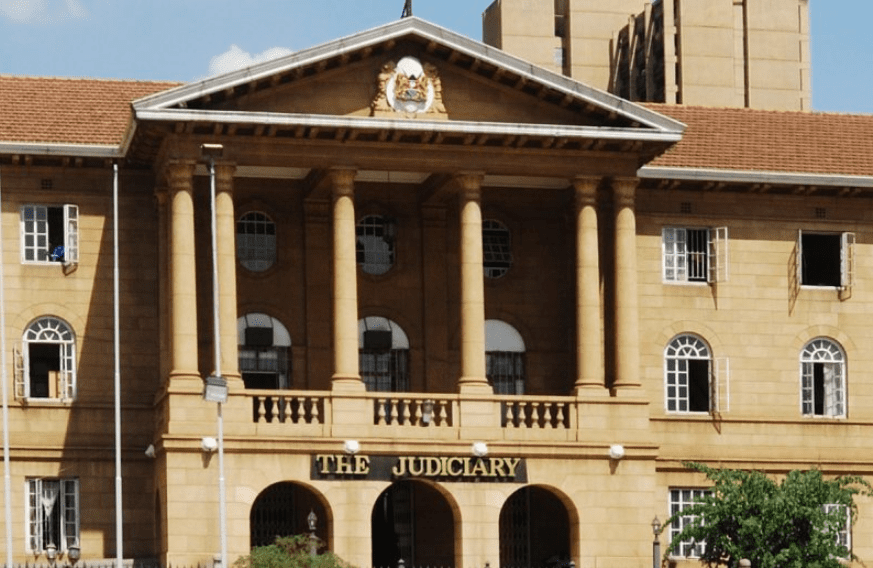
A shocking new audit has exposed a massive payroll rot within Kenya’s Judiciary: 2,180 unaccounted staffers are now linked to the payroll—raising alarms about widespread abuse, mismanagement, and potential fraud across the judicial system.
The Auditor‑General’s report uncovered substantial inconsistencies in staff records, with the Judicial Service Commission (JSC) claiming nearly 8,330 employees by June 2024. Yet, official documentation supports only 136 new contracts.
This staggering discrepancy triggered red flags about ghost worker enrolment and illicit salary disbursements. Further scrutiny reveals that over 33 percent of the Judiciary’s development budget—amounting to Sh520.4 million—went unutilized during the 2023–2024 fiscal year.
Auditors pin this shortfall on stalled procurements, delays in contractor engagement, and expired project certifications.

The fallout is twofold: on one hand, phantom employees may have pocketed millions in unearned wages; on the other, legitimate infrastructure and court expansion plans stagnated due to crippling under‑expenditure.
Inside court corridors, whispers of systemic payroll irregularities have turned into open accusations. Critics warn that unless contracts, entry criteria, and payroll oversight are overhauled, corruption will continue unchecked—at the expense of justice delivery.Legal analysts underscore this as a constitutional crisis.
Trust in the Judiciary hinges on institutional integrity—and the audit exposes precisely the opposite: unchecked staffing growth, waste of capital funds, and governance structures that lack transparency.
The dramatic revelations demand urgent reform:JSC must immediately account for the 2,180 mysterious staff entries and suspend any unvalidated payrolls.A full forensic audit of human resources and salary disbursements should be initiated to trace illicit gain and criminal responsibility.
Parliament should demand submission of unspent development budget details and hold leadership accountable for inactivity.As courts buckle under mounting backlogs, this scandal may turn out to be more damaging than judicial delay.
The credibility crisis threatens to erode public confidence—not through case outcomes, but by failing fundamental fiscal and administrative accountability.
The judiciary now faces a litmus test: either confront this rot head-on, or let corruption metastasize—crippling Kenya’s legal machinery from the inside out.Kenya’s legal order hangs in the balance.






